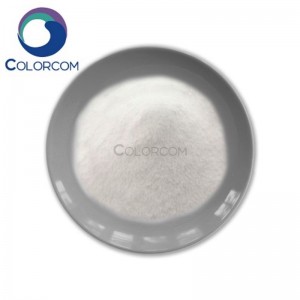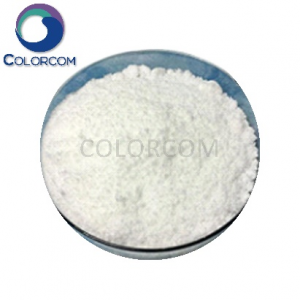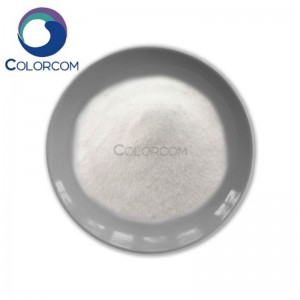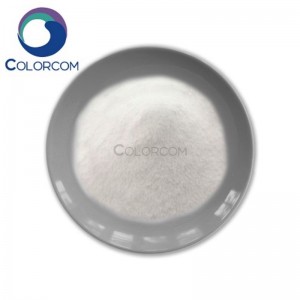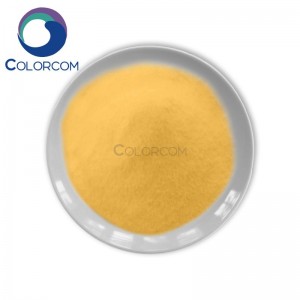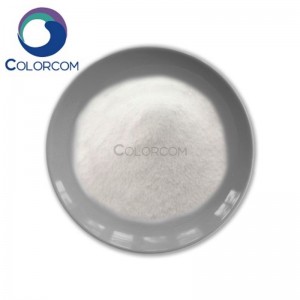Adenosine | 58-61-7
Product Description
Adenosine, a nucleoside composed of adenine and ribose, has several important applications in medicine and physiology due to its physiological effects on various systems in the body.
Cardiovascular Medicine:
Diagnostic Tool: Adenosine is used as a pharmacological stress agent during cardiac stress tests, such as myocardial perfusion imaging. It helps assess coronary artery disease by inducing coronary vasodilation, mimicking the effects of physical exercise.
Treatment of Supraventricular Tachycardia (SVT): Adenosine is a first-line medication for terminating SVT episodes. It works by slowing conduction through the atrioventricular node, interrupting reentrant pathways responsible for SVT.
Neurology:
Seizure Control: Adenosine is an endogenous anticonvulsant in the brain. Modulating adenosine receptors can have antiepileptic effects, and adenosine-releasing agents are being investigated as potential treatments for epilepsy.
Neuroprotection: Adenosine receptors play a role in protecting neurons from ischemic injury and oxidative stress. Research explores adenosine's potential as a neuroprotective agent in stroke and neurodegenerative diseases like Parkinson's and Alzheimer's.
Respiratory Medicine:
Bronchodilation: Adenosine acts as a bronchodilator and is used in bronchoprovocation testing to diagnose asthma. It triggers bronchoconstriction in individuals with asthma, helping to identify airway hyperreactivity.
Antiarrhythmic Properties:
Adenosine can suppress certain types of arrhythmias by modulating electrical activity in the heart, particularly in the atria and atrioventricular node. Its short half-life limits systemic effects.
Research Tool:
Adenosine and its analogs are widely used in research to study the role of adenosine receptors in various physiological and pathological processes. They help elucidate adenosine's functions in neurotransmission, immune response, inflammation, and cardiovascular regulation.
Potential Therapeutic Applications:
Adenosine-based drugs are being investigated for potential therapeutic applications in conditions such as cancer, ischemic injury, pain management, and inflammatory disorders. Adenosine receptor agonists and antagonists are among the compounds under study.
Package
25KG/BAG or as you request.
Storage
Store at a ventilated, dry place.
Executive Standard
International Standard.



